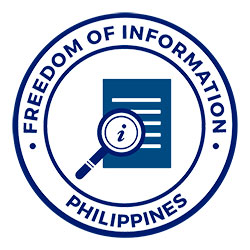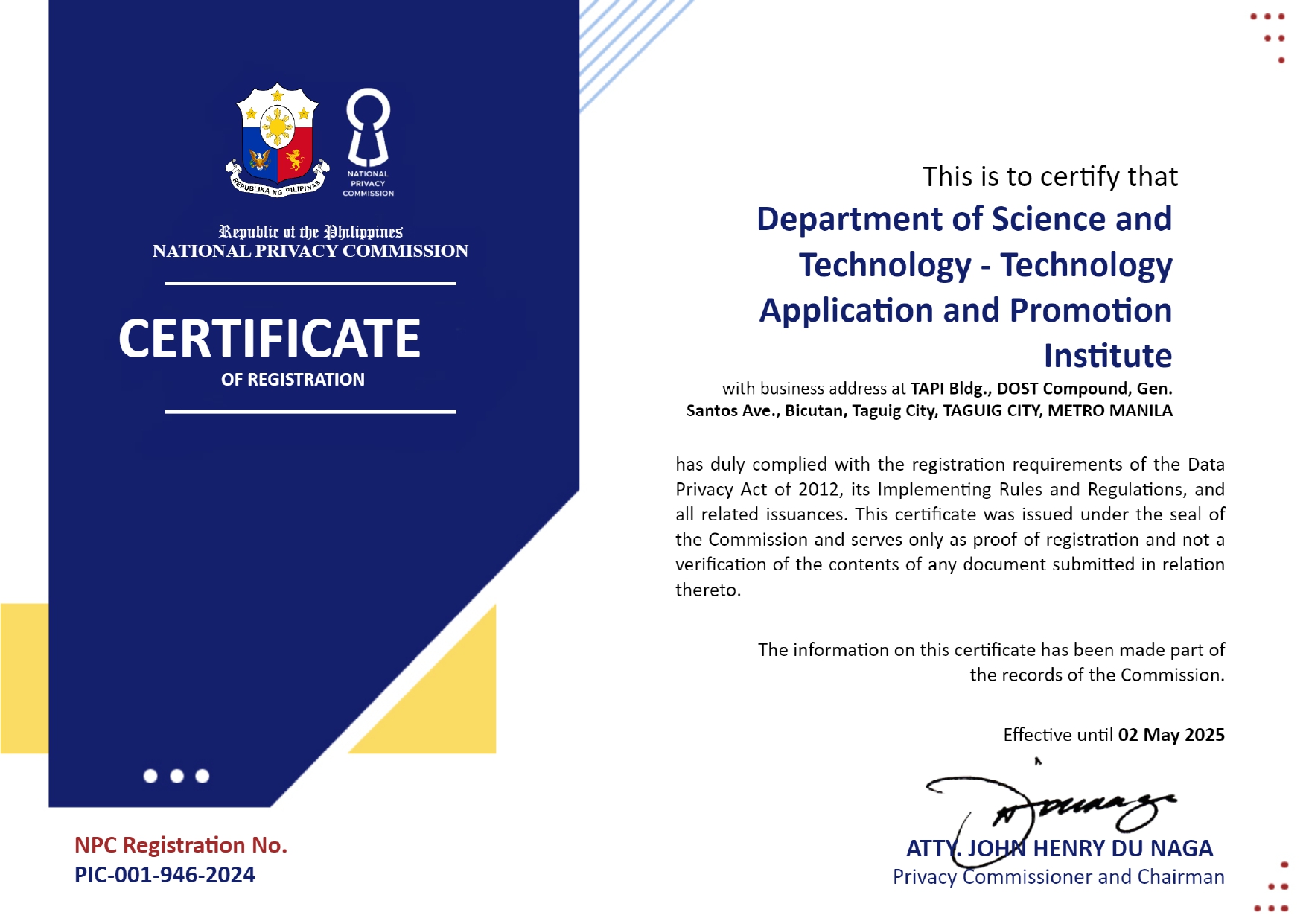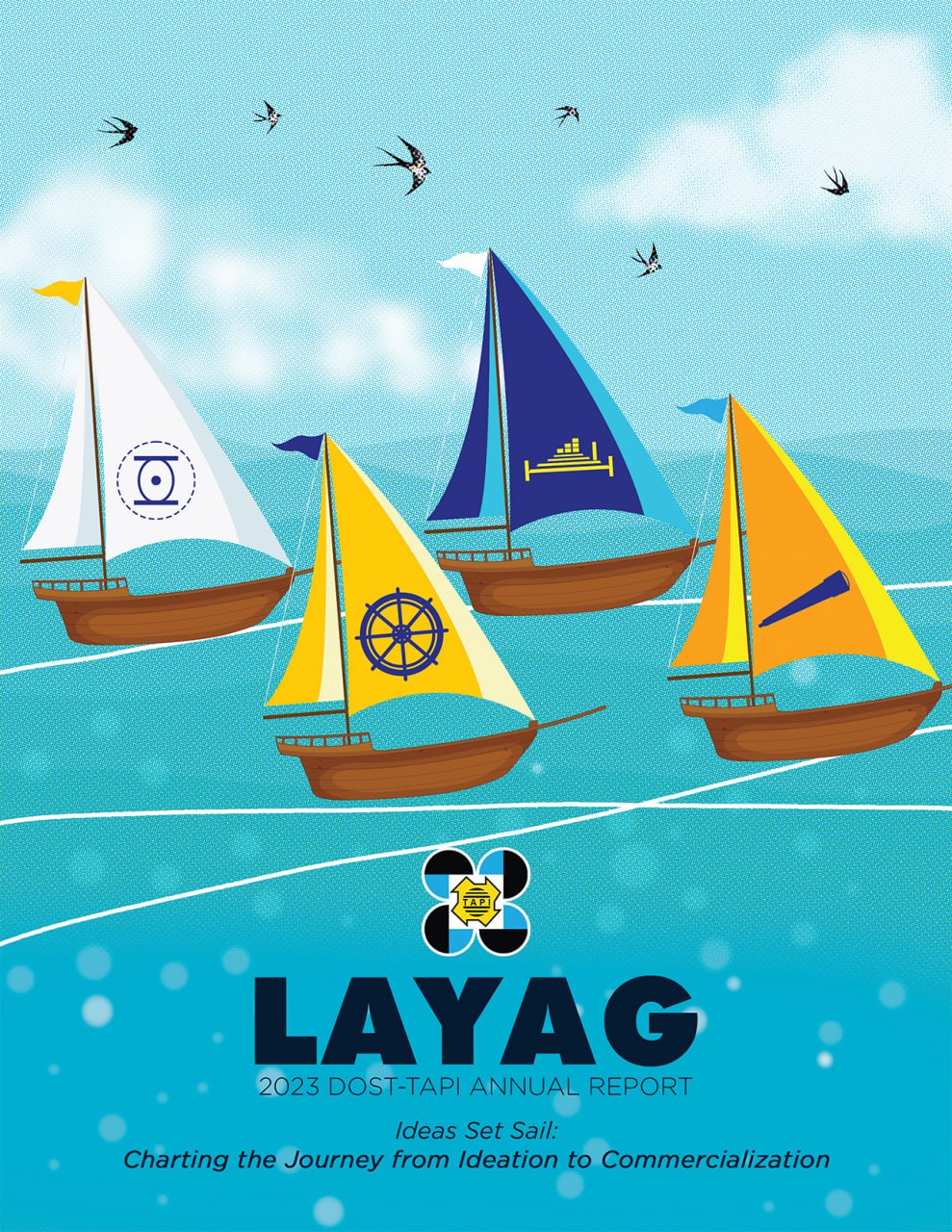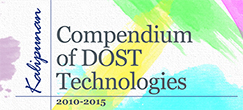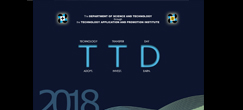By Elijah Espiritu
The Philippine Delegation alongside the Department of Science and Technology (DOST) successfully completed their business-matching mission on January 9-14, 2024 which generated useful benchmarking information and international partnership opportunities. Along with other pertinent information, DOST highlights their partnerships and opportunities involving the future of Quantum Computing technologies in the country.
The business mission entailed engaging with a diverse array of companies and organizations in the international electronics scene. These visits offered insights into industry trends, innovations, and potential partnerships, enriching the delegation's understanding and paving the way for collaborative ventures and strategic partnerships.
The business-matching visits resulted in the partnership opportunities with Q-CTRL, IBM Almaden, Atom Computing, and the Center for Quantum Coherent Science which offer quantum computing solutions for information, education, communication, and government services. The delegation expressed interest in all the quantum computing technologies to improve efficiency of systems in the country, while hoping to adapt the technology in most of the industries they are meant for.
During their visit, the Philippine delegation was immersed in a dynamic array of cutting-edge technologies, innovative startups, and potential partners, providing a valuable insight into Silicon Valley's bustling tech landscape. This exposure sets the stage for future collaborations, knowledge sharing, and potential investments, positioning the Philippines' electronics industry for enhanced growth and increased global competitiveness.
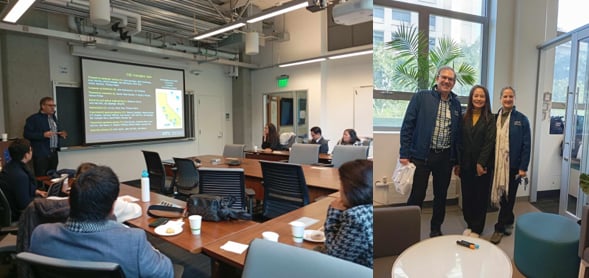
Quantum computing technologies were foreseen by the Consumer Electronics Show 2024 trends to continue progressing towards revolutionizing real-world applications in drug discovery, material science, and financial modeling due to its processing power. It was also tagged as one of the evolving computing solutions that showcase potential as it emerges from its research phase this year.
DOST proposed interest in pioneer testing with Atom Computing’s release of their 1000-qubit system this year for the industry, academia, and government services; as well as Q-CTRL’s Black Opal quantum computing solutions which is designed for quantum computing beginners. The agency also considers IBM’s paid quantum network program, Qiskit, but states that they will prioritize exploring other computing services with more favorable and compatible terms first.
With DOST’s successful establishment of 21 linkages with international institutions, 12 of them are responsible for the global deployment of quantum computing technologies. The Philippine delegation along with DOST successfully formed network connections with IBM, Atom Computing, Q-CTRL, and the Center for Quantum Coherent Science:
The delegation looks forward to the partnerships and integrations offered by the companies and industry players for the country. The companies are set to offer a wide-array of services in quantum computing, promising massive computing improvements, and opportunities for growth in programs and in technological advancements.
- Q-CTRL
- Q-CTRL, an Australian firm specializing in software and hardware control solutions for quantum computers, showcased its Black Opal product as a suite of learning solutions for quantum computing enthusiasts of all levels, Black Opal targets beginners in the field, offering modules crafted to gently introduce fundamental concepts.
- With a scarcity of local expertise in quantum computing and a lack of formal academic programs, the evaluation of Black Opal's content by Mr. Aborot could potentially integrate it into DOST-ASTI's local educational initiatives, providing a crucial stepping stone for beginners in this burgeoning field. Q-CTRL also agreed to provide a one-month full access trial to Black Opal for the evaluation.
- IBM Almaden
- Updates on IBM's quantum computer development include the milestone announcement of Condor, a quantum computer boasting over 1000 logical qubits. IBM's roadmap also includes Heron, a highly scalable chip with 133 logical qubits, signaling their focus on enhancing qubit error resistance. Additionally, IBM offers accessible online resources and engagement opportunities like their Qiskit software development kit and paid quantum network program, supporting skills development in quantum computing.
- While monitoring IBM's progress, the department may also explore alternative quantum computing service providers for potentially more advantageous skills development programs.
- Atom Computing, Berkeley
- Unlike superconducting qubits, Atom Computing's approach allows for individual addressing of atoms and scalable systems, with their latest model boasting over 1000 physical qubits. Atom Computing plans to release their 1000-qubit system in 2024 for partnerships with industry, academia, and government, offering Quantum Computing as a Service.
- The delegation aims to participate in Atom Computing's beta release program and engage further once the program starts.
- University of California, Berkeley
- Home to the NSF Quantum Leap Challenge Institute for Present and Future Quantum Computation and with a $25 million award from the National Science Foundation over five years, the institute, spanning UC Berkeley, UCLA, and other universities, is dedicated to overcoming scientific hurdles in quantum computing.
- The delegation along with DOST continues to monitor the progress of their research for potential quantum computing integration partnership.
Aligning with DOST’s mission to provide leadership, direction, and coordination for science and technology (S&T) development and innovation in the country, the department ensures to maintain the international momentum brought by the business mission’s success. The department already established follow-through actions that they plan to execute in-time for next year’s business mission and CES.


